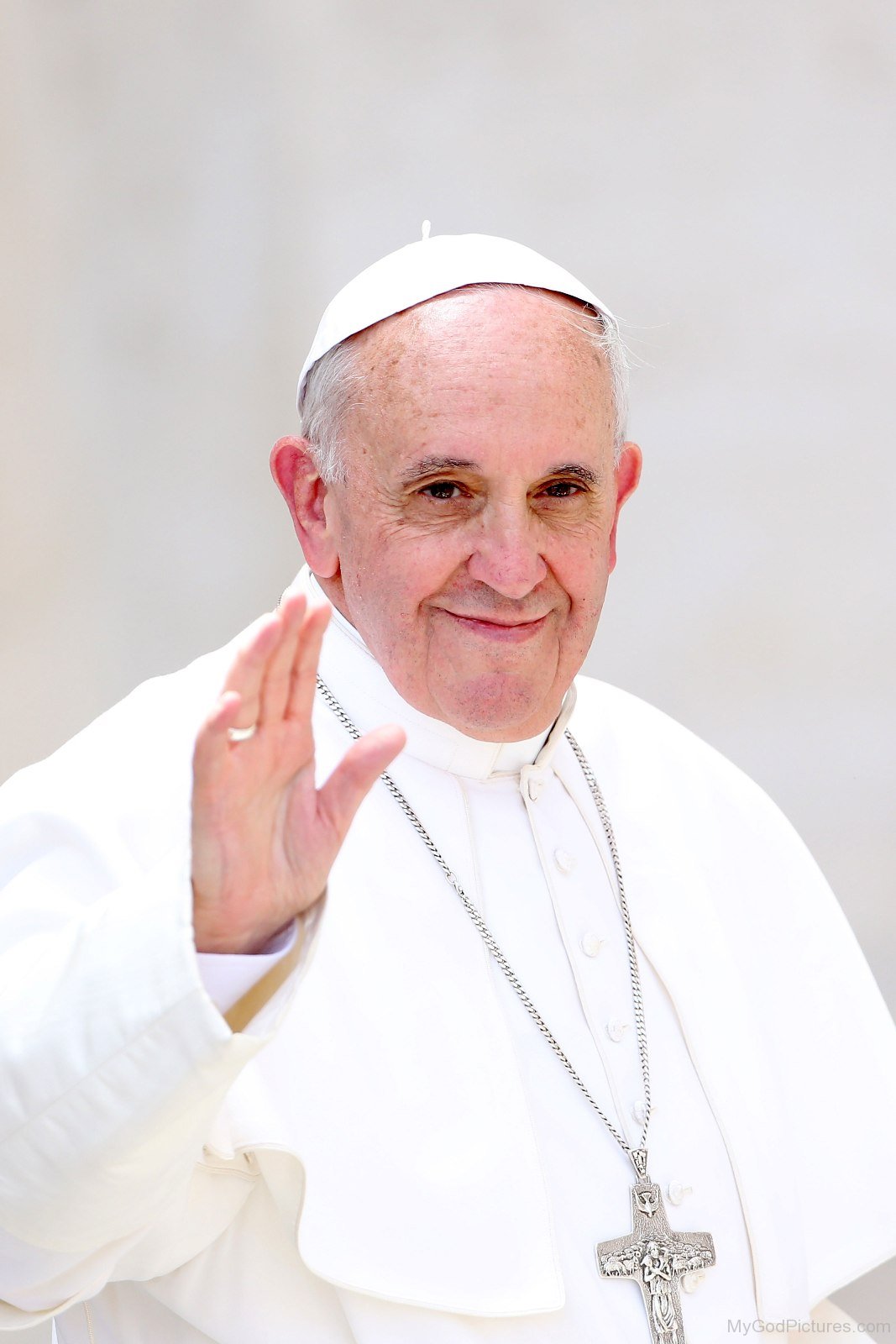What Does Pope Francis Say About Modern Challenges? Insightful Teachings Revealed. In a rapidly evolving world, where social issues and moral dilemmas continue to grow in complexity, the guidance of spiritual leaders like Pope Francis becomes increasingly important. His teachings have resonated with millions around the globe, offering hope and clarity amidst uncertainty.
Pope Francis, known for his compassionate approach and progressive stance on various global issues, has addressed numerous challenges faced by humanity today. From environmental concerns to social justice, his messages encourage inclusivity, compassion, and solidarity. Let's delve into some of the key insights he has shared, exploring how they can inspire us to create a better world.
Understanding Compassion: A Path to Healing
Embracing Compassion in Everyday Life
Pope Francis emphasizes the importance of compassion in our daily interactions. He believes that showing empathy towards others, especially those less fortunate, is crucial for fostering a more harmonious society. Through acts of kindness and understanding, we can bridge divides and promote peace.
In a world often consumed by individualism, the Pope's call for compassion serves as a reminder of our shared humanity. By reaching out to those in need, whether through volunteering or simply offering a listening ear, we contribute to a culture of care and support.
His teachings highlight the transformative power of compassion, urging us to look beyond our differences and focus on what unites us as human beings. This perspective encourages us to build communities rooted in love and mutual respect.
Atheists and the Afterlife: Pope Francis's Perspective
Rethinking Traditional Beliefs About Salvation
Pope Francis's statements regarding atheists and their potential place in the afterlife have sparked significant discussions within religious circles. By suggesting that atheists may indeed reach heaven, he challenges conventional views and promotes a more inclusive understanding of salvation.
This viewpoint reflects the Pope's broader emphasis on mercy and grace, underscoring the idea that God's love extends to all people regardless of their specific beliefs. It invites individuals to reconsider rigid doctrines and embrace a more compassionate approach to spirituality.
Through such declarations, Pope Francis encourages dialogue and reflection, prompting believers to explore the complexities of faith and the nature of divine judgment. This openness fosters an environment where diverse perspectives can coexist peacefully.
All Religions Leading to God: Clarifying Misunderstandings
Exploring Interfaith Understanding and Respect
When Pope Francis speaks about all religions being paths to God, it is essential to understand the context and nuances of his message. He does not imply that all belief systems offer equal access to salvation but rather advocates for mutual respect and cooperation among different faiths.
By encouraging interfaith dialogue, the Pope aims to break down barriers and foster greater understanding between communities. Recognizing the common values shared across religions can lead to collaborative efforts in addressing global challenges such as poverty and injustice.
This approach aligns with his vision of unity and solidarity, emphasizing the importance of working together for the common good. It challenges stereotypes and misconceptions, promoting harmony and collaboration instead of division and conflict.
Pope Francis on Artificial Intelligence and Future Generations
Shaping Ethical Frameworks for Technological Advancements
The late Pope Francis expressed concerns about the impact of artificial intelligence on future generations, particularly emphasizing the need to prioritize ethical considerations in its development. He believed that technology should serve humanity rather than replace human interaction and relationships.
His insights highlight the importance of ensuring that advancements in AI are guided by principles of justice and equity. By focusing on the well-being of children and young people, societies can harness the potential of technology responsibly and beneficially.
This forward-thinking perspective calls for active engagement from policymakers, educators, and parents alike. Together, they can create environments where technology enhances rather than detracts from human connection and growth.
Addressing Mass Deportations: A Call for Compassionate Policies
Advocating for Humane Immigration Practices
Pope Francis strongly opposes mass deportations, advocating instead for policies that reflect compassion and respect for human dignity. His appeals resonate globally, urging leaders and citizens alike to challenge narratives that promote discrimination and exclusion.
Through his letters and public addresses, the Pope highlights the plight of immigrants and refugees, drawing attention to their struggles and contributions. He encourages communities to welcome newcomers with open hearts and minds, recognizing the richness they bring.
This stance reinforces the values of inclusivity and diversity, reminding us of our collective responsibility to protect vulnerable populations and uphold fundamental human rights. By embracing these ideals, societies can become more just and equitable places for everyone.
Clerical Titles and Hierarchies: Simplifying Structures
Promoting Humility Within Church Leadership
Pope Francis's decision to limit the appointment of monsignors reflects his commitment to reducing hierarchical structures within the Catholic Church. By advocating for simpler titles and roles, he seeks to cultivate a culture of humility and service among clergy members.
This initiative aligns with his broader mission to make the Church more accessible and relatable to ordinary people. It challenges traditional notions of authority and privilege, encouraging leaders to focus on pastoral care and community engagement.
Through such reforms, Pope Francis aims to strengthen the Church's connection with its followers, fostering an atmosphere of transparency and accountability. This approach not only enhances the credibility of the institution but also inspires greater participation and involvement from laypeople.

